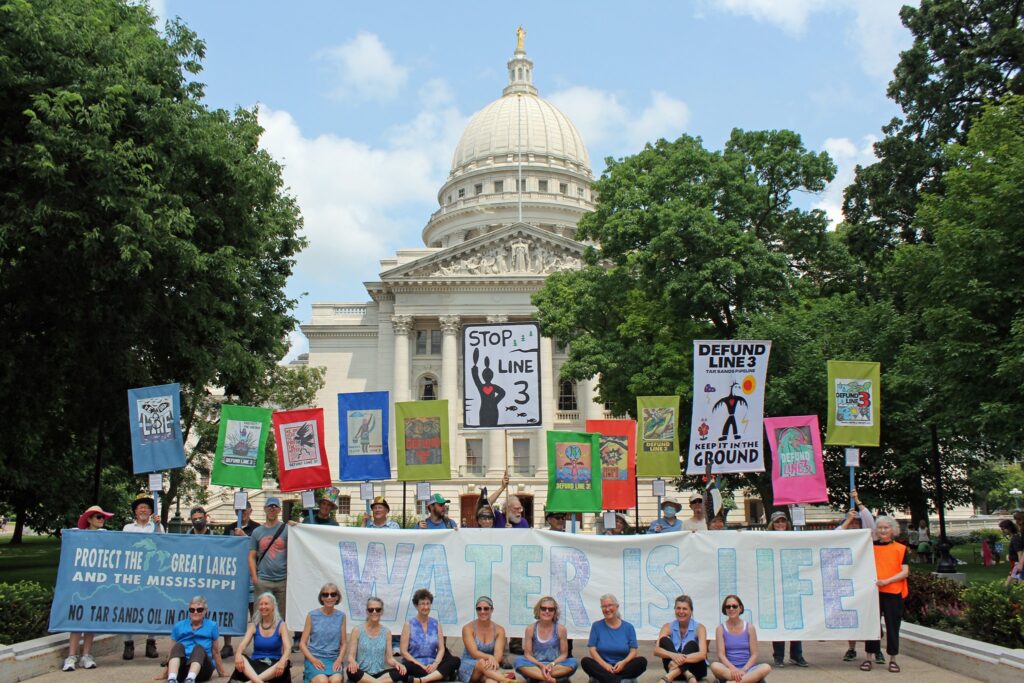
Never before has the human role in environmental degradation been more widely acknowledged and understood. From great cities in the U.S. to small hamlets in rural China, people are discussing air and water pollution, the degradation of soils and aquifers, and especially, the looming crisis of global warming. People are poised to act.
And yet at precisely the moment when the majority of the global population has the greatest capacity to come together to face the environmental crisis, the world’s largest military and economic power has shrunk or shut down federal programs to research and limit the greenhouse gas emissions that cause global warming. The appointment of a climate change denier, Scott Pruitt as head of the US Environmental Protection Agency, administration plans to cut his agency by more than 30%, and the scrapping of the Clean Power Plan (that would reduce the use of dirty, coal fired power plants) indicates the direction the current president intends to take the country for the next four years.
Reasons for hope
Clearly, environmentalists — and everyone else who cares about the world their children and grandchildren will inherit — must feel alarm bordering on despair at recent developments. And yet we at Anthropocene Alliance believe there are reasons to feel hope. The paralysis (and worse) in Washington D.C. provides scope for climate change mitigation and reduction at the state and local level. The principle of federalism — articulated in the 10th Amendment to the US Constitution — states that “powers not delegated to the United States by the Constitution, nor prohibited by it to the states, are reserved to the states respectively, or to the people.” In the past, this principle has been used as a shield by southern states to challenge progressive civil rights legislation. But now, it has become a sword allowing states like New York and California to promote the use of solar power, and require increases in automobile fuel efficiency. (But even progressive CA has begun to lag in decarbonizaton, according to a recent study from the Brookings Institute).
If local communities can organize themselves in order to combat the effects of climate change, like the folks in the communities we have profiled have done; if they can get in contact with other communities in their state that are facing similar challenges; and if these collectives can stimulate the formation of other groups elsewhere in the US, then state legislation to limit the emission of greenhouse gasses and mitigate its impacts can advance quickly. At that point, climate change must inevitably be an issue to be addressed at the national level too.
Anthropocene Alliance is committed to work to advance communication and solidarity between and among the people and communities most affected by climate change. And once folks start to talk to each other and work together, almost anything is possible — even the salvation of the planet.

